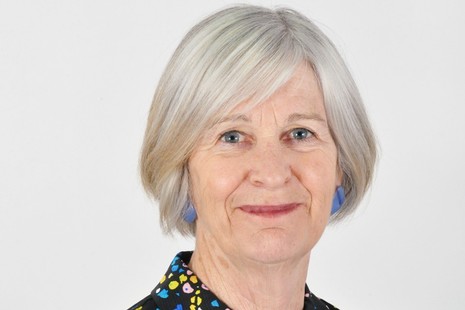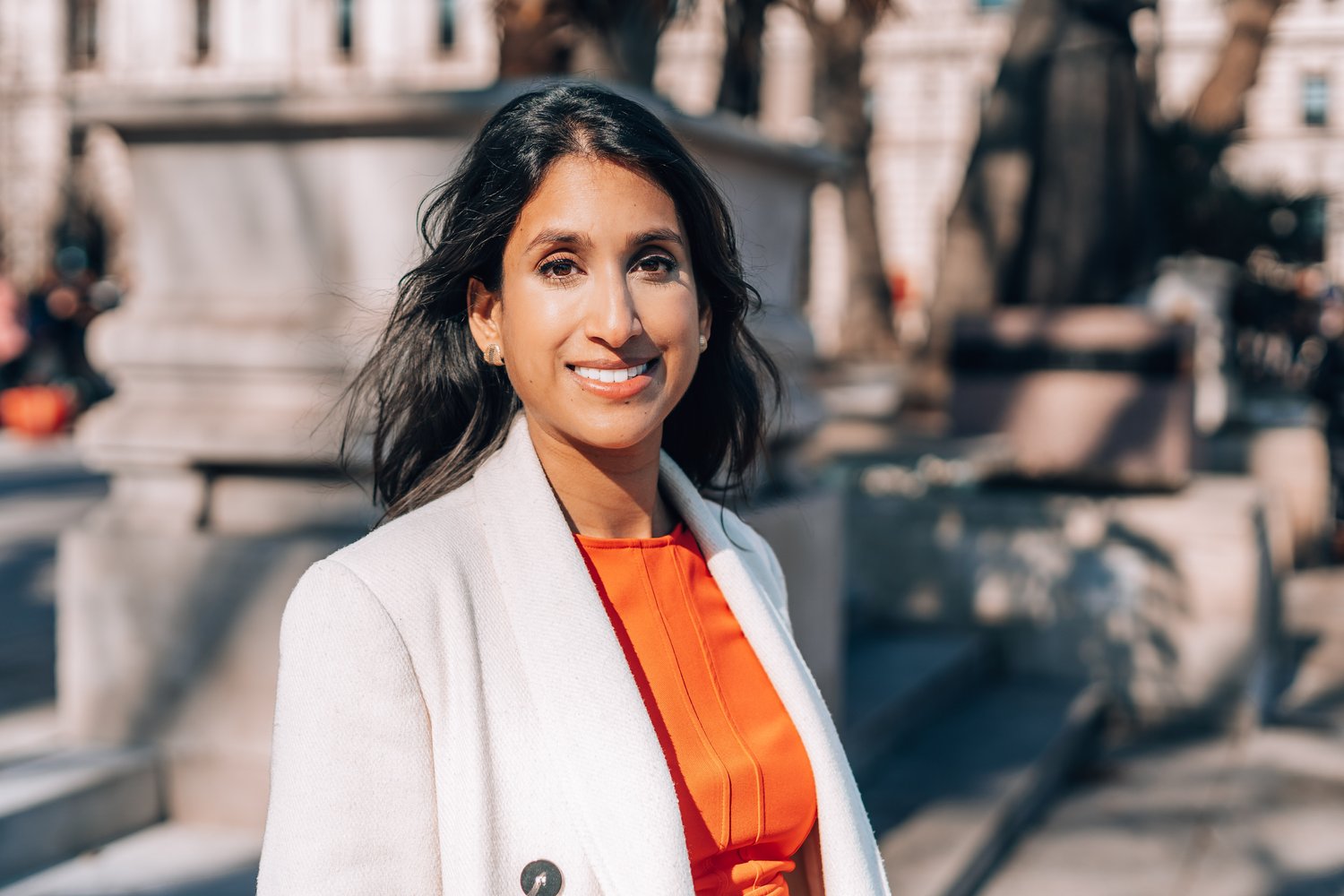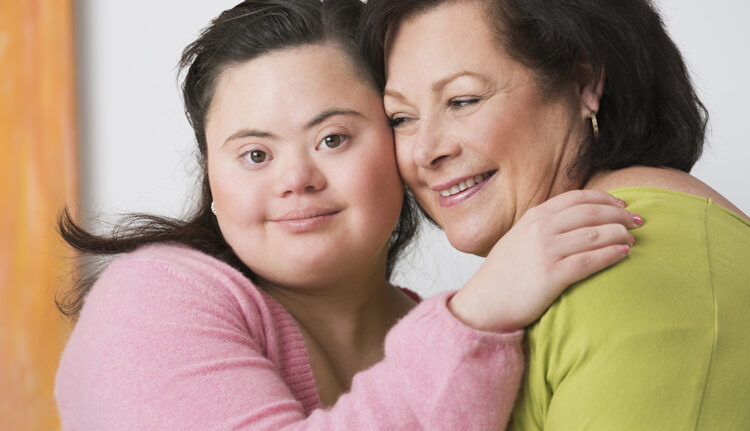By Charlotte Webster-
An abuse inquiry has called for councils to have a bigger role monitoring local residential settings in their areas to better protect disabled children, an inquiry into the abuse of children in three services has concluded.
The measure is among nine recommendations designed to overhaul the safeguarding of disabled children and those with complex health needs in residential care, made by the Child Safeguarding Practice Review Panel today.
It follows a published review last October into very serious abuse to a significant number of children with disabilities and complex health needs at 3 residential special schools registered as children’s homes . They were Fullerton House, Wilsic Hall and Wheatley House, located in Doncaster and operated by the Hesley Group.
An assessment based on the experiences of 108 children and young adults found a culture of abuse and harm, including evidence of physical abuse and violence, neglect, emotional abuse and sexual harm.
It expressed shock that so many children were in ‘plain sight’ of many public agencies systematically harmed by their care givers. The Independent Inquiry into Child Sexual Abuse and highlighted profound historical deficiencies in the safety and quality of residential
care for children as ”a confusing maze of expectations, roles, and responsibilities”.
It also revealed that a system of checks and balances which should have detected that things were going wrong simply did not work for these children. It added that ”no one body or agency had an accurate picture of what was happening and there were unacceptable delays in the robust decision making that was required”.
The leadership and management in the 3 settings was found to be inadequate and actively concealed incidents of abuse from authorities, and complaints and concerns about the settings from whistleblowers and parents were not sufficiently brought together by authorities. Therefore, the safety net that should have protected the children was ineffective.
The independent national Child Safeguarding Practice Review Panel is an independent body that was set up in July 2018 to identify, commission and oversee reviews of serious child safeguarding cases. It brings together experts from social care, policing, health, education and the third sector to provide a multi-agency view on cases which they believe raise issues that are complex, or of national importance.
The phase 2 report draws on the learning from what happened to those children and sets out a case for change in the quality, oversight and regulation of all residential settings for children with disabilities and complex health needs. The recommendations urge government departments to work together to transform the education, health and care offer so that children with disabilities and complex health thrive and are supported to achieve.
Panel Chair, Annie Hudson said:
”There was widespread public shock and distress when we published our initial findings about the extremely disturbing neglect, abuse and harm experienced by a large number of children with disabilities and complex health needs living in residential settings run by the Hesley Group in Doncaster.
However, despair and shock are never enough and will not address the fundamental and systemic problems that contributed to the children’s unspeakably distressing experiences, over an extended period, in environments that should have kept them safe.
Today’s report draws on the learning from what happened to those children to make national recommendations that must be secured so that this very vulnerable group of children thrive, are safe and enjoy the rights that every child should be able to enjoy”.

Panel Chair: Annie Hudson Image:gov.uk
Lead Panel Member for the Review, Dr Susan Tranter, said:
The stories of the abuse that children at Hesley-Doncaster suffered are dreadful and harrowing.
This review has highlighted an acute need to do things differently, not only to prevent this repugnant story from being retold in another setting, but also to transform the education, health and care offer for children with disabilities and complex health needs.
We are recommending measures to ensure the care of children with disabilities and complex health needs is more joined up across education, health and social care.
Additionally, we are urging Government, Ofsted and the CQC to ensure there is a major overhaul of the arrangements for quality assurance and regulation of residential settings to help prevent abuse but also that when there are complaints or concerns, action is swift and purposeful”.
Dame Christine Lenehan, Director of the Council for Disabled Children, said:
”The appalling harm these children suffered was a result of grievous failures in both their day-to-day care, and within the system of oversight that should have guaranteed their welfare.
We’ve been here before. Earlier reports have catalogued how disabled children with a complex mix of autism and health needs can be locked away behind closed doors, often in placements far from their families, with little concern for their quality of life or futures.
These recommendations set out a roadmap to more humane treatment of these children. But without the wholehearted commitment to implement these measures fully, these failings will come back to haunt us when the next group of disabled children fall foul of services that cost the taxpayer dearly but rob vulnerable children of their basic humanity”.
The panel made nine recommendations for government departments, inspectorates and NHS England that aim at ensuring children with learning disabilities, autism and complex health needs have the support they need to thrive.
Today’s report is the panel’s second into the abuse of children at three residential special schools registered as children’s homes run by the Hesley Group in Doncaster, between 2018 and 2021, and is designed to draw systemic lessons from the failures of care, safeguarding, regulation and oversight exposed in its first report, published in October 2022.
The panel’s recommendations
Today, the Child Safeguarding Practise Review made a number of recommendations
It said that Disabled children and those with complex health needs should have access to independently commissioned, non-instructed advocacy from advocates with specialist training in safeguarding and responding to their communication needs.
It also called for children and parents to have access to advice and support, including the allocation of a ‘navigator’, where deemed necessary, when a residential placement of 38 weeks or above per year is being considered.
The Department for Education (DfE) and NHS England should require councils and integrated care boards (ICBs) to commission safe, sufficient and appropriate provision for disabled children and those with complex health needs.
It called for the DfE, Department of Health and Social Care (DHSC) and NHS England to co-ordinate support for councils and ICB commissioners to improve forecasting, procurement and market shaping.
It further recommended that the government should prioritise action to improve community-based provision for disabled children in pathfinders programmes for its children’s social care and SEND reforms.
Also recommended was for the government to commission a workforce strategy for children’s residential services, covering leadership development, workforce standards and training.
National leadership and investment from providers are needed to improve the recruitment, retention and development of the children’s residential workforce.
Host local authorities and ICBs should have a strengthened role in overseeing residential settings in their areas.
The DfE and DHSC should revise the reduce the complexity of current arrangements for monitoring residential settings and take immediate steps to arrange joint inspections by Ofsted and CQC of those for children with disabilities and complex health needs.
Government Response
The government is due to respond to the report within six months time.
Children’s minister Claire Coutinho said in a written statement to Parliament that the DfE’s separate reforms to children’s social care and special educational needs and disability “[laid] the foundation for improving outcomes for this group of vulnerable children”.
She said it was important to listen to the voice of all children is important and is particularly significant for disabled children, as she expressed plans to consult on revisions to the National Standards for Advocacy and Guidance for children and young people.
”These draft standards apply to children in receipt of social care services, residential settings (including those in Residential Special Schools) and secure settings. She said draft standards had been strengthened to include a new standard on ‘non-instructed advocacy’ for children and young people unable to instruct an advocate for themselves, to enable children and young people to communicate their views in ways that work for them”.

Children’s minister: Claire Coutinho Image: fitforpurpose.org
She added: “There is more that can be done to support and protect these children and we intend to focus our existing reform programme to ensure that they consistently receive the care and support that they need and deserve, enabling them to thrive and fulfil their potential.”
The panel has assumed that its recommendations can largely be financed through more effective use of existing resources across social care, health and education, with some additional resource required to fund improved quality assurance by councils and integrated care boards (ICBs).
However, Pearce warned that many of the nine recommendations would require “a significant multi-agency resource requirement to implement effectively and take time to achieve”.
“The impact that 13 years of austerity has had on our ability to offer the kind of local solutions that allow all children to remain in provision close to home and connected to their communities, wherever possible, cannot be understated,” he added.
“Demand for placements of all types far outstrips supply and profiteering takes money out of the system when it’s needed most,” said Pearce. “We face longstanding challenges around placement quality, sufficiency and cost.
Previous Abuse Inquiries
Lead reviewer Christine Lenehan, director of the Council for Disabled Children, said the report echoed findings from previous abuse inquiries and warned that, this time, its conclusions needed to be heeded.
“Earlier reports have catalogued how disabled children with a complex mix of autism and health needs can be locked away behind closed doors, often in placements far from their families, with little concern for their quality of life or futures.
“These recommendations set out a roadmap to more humane treatment of these children. But without the wholehearted commitment to implement these measures fully, these failings will come back to haunt us when the next group of disabled children fall foul of services that cost the taxpayer dearly but rob vulnerable children of their basic humanity.

